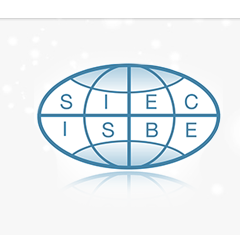Abstract
This paper discusses what a lecturer/instructor (teacher) must be able to do to inspire entrepreneurship and business students. Entrepreneurship, particularly start‐up business, has become a top priority in national government policies due to its ability to drive creativity, innovation, competitiveness,
employment and growth. The goal is not to make the students rush to become entrepreneurs or business‐oriented professionals but rather provide them with tools that enable realistic self‐evaluations and learn to recognize different opportunities around them. The study seeks to define the skill sets that the inspiring entrepreneurship and business teachers consider essential to their work. Teachers expressed their views in small focus groups of their peers, i.e. other teachers. The theoretical framework consists of theories dealing with the general skill sets and expertise of the teachers. The empirical data were collected through a Finnish adaptation of the Canadian DACUM (Developing A CUrriculuM) model which is used to analyze the contents of the requirements of various occupations. A separate questionnaire has been used to support the data collection. This study indicates that most of the entrepreneurship teachers are females whose pedagogical experience seems to be more comprehensive and long lasting than their male colleagues possess. However, they are often short of practical skills. On the contrary, the male colleagues have more experience in practice but with quite narrow pedagogical skills. The female entrepreneurship teachers tend to be inspired, but they often have too little experience in practical working life. According to
today’s trend, entrepreneurship teachers are anticipated to be not only traditional teachers but also entrepreneurs with their own company.
Recommended Citation
Westerholm, Ph.D., Hely and Takanen-Körperich, Ph.D., Pirjo
(2018)
"What must a lecturer/instructor (teacher) be able to do to inspire entrepreneurship and business students?,"
International Journal for Business Education: Vol. 158:
No.
1, Article 5.
DOI: https://doi.org/10.30707/IJBE158.1.1648132333.070233
Available at:
https://ir.library.illinoisstate.edu/ijbe/vol158/iss1/5

